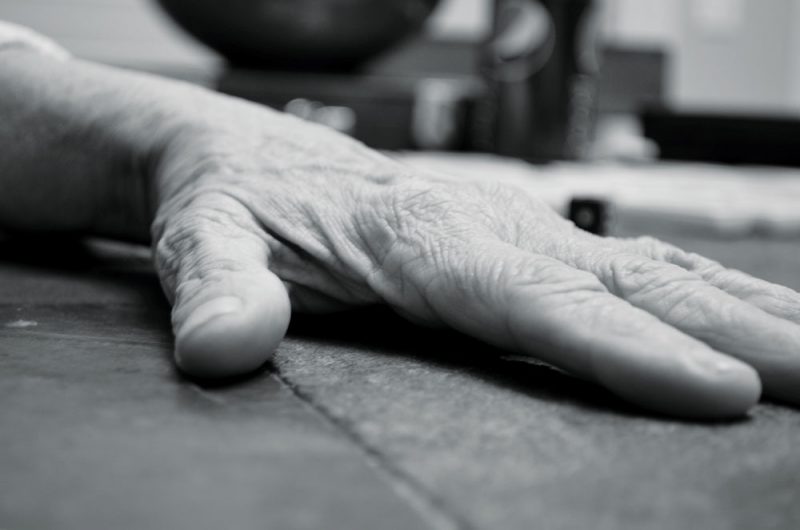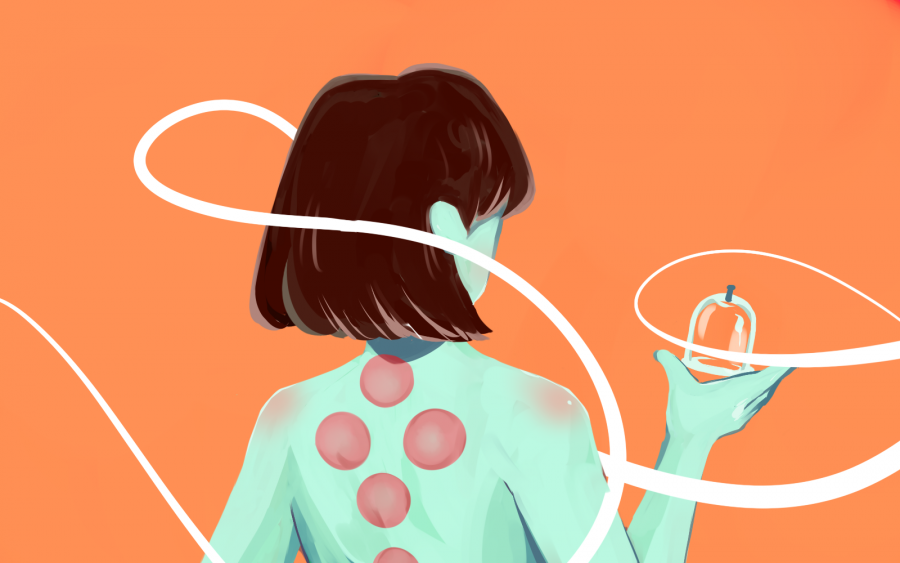Connie Jacoby has helped people overcome shingles, reduce cancerous tumors and relieve their hyperactive children of night terrors. No, Jacoby is not a doctor — at least not in the traditional sense. Instead, she is a naturopath, or someone who does not use surgery and synthetic drugs to treat illnesses, and a certified aromatherapist who manufactures her own line of organic health and skincare products called Wise Women Botanicals.
What began as an effort to improve the quality of the creams at her previous nursing job has grown into a business built on the philosophy that everyone should have easy access to maintainable health. To Jacoby, there are two main elements to attaining well-being: all-natural products and knowledge on how to use them properly.
More and more people have found a need for ingesting and applying natural ingredients; a report by Grand View Research estimates the organic personal care market to reach $16 billion in 2020, which is almost twice what the industry generated in 2013. Factors contributing to the growing demand include increasing general awareness of personal health, corporations deviating from using harmful chemicals in their products and recent approval of the use of certain organic and bio-based substances from the U.S. Department of Agriculture (USDA) and the Food and Drug Administration (FDA).
Wise Women Botanicals is proof of this heightened interest in all things natural; when the business first came to be nearly eight years ago, Jacoby expressed, people were just beginning to clamor for preservative-free personal care items. She said many were afraid to ask, but once they realized they could, they gladly abandoned their pill-laden lifestyles for a much simpler alternative.
“They’re sick of what the side effects are of everything. Doctors don’t listen to you; they just Band-Aid something,” Jacoby said. “You put a Band-Aid over the symptom; you don’t go to the root of the problem, and that’s what Wise Women Botanicals does.”
Jacoby discovered this need for purer creams, skincare products and medication alternatives after working as a nurse for 25 years. The hand lotions provided at hospitals weren’t effective, so she began dedicating time to creating her own substitute. What came as a result were glycerin, goat’s milk or aloe-based emollients infused with essential oils that, unlike hospital lotions, seep into all three layers of the skin and don’t need to be reapplied multiple times a day. Their constituents range from oils made of Lavandin Grosso, a plant resembling lavender known for its therapeutic and antidepressive properties, to grape seeds, which contain antioxidants that promote apoptosis of cancer cells, preventing the growth of tumors.
From there, Jacoby has gone on to make and sell tinctures, essential oil blends, soap and skincare items at her stores in Moberly and Columbia and on her website, wisewomenbotanicals.net. Clovers Natural Market, Lucky’s Market, Heart Body and Soul also carry the line, as well as a number of stores in other states. Aside from vending, she also performs wellness screenings, which include sitting down with customers, looking at all aspects of their lives, including diet, exercise habits and major stressors, and trying to determine the source and solution to their health problems.
“A wellness screening takes your body, your mindset, your life and looks at it from the core. Then you can say, ‘Okay, well my blood pressure gets up a little bit every once in a while.’ Well what are you doing when that happens?” Jacoby said. “‘Well it’s usually because maybe I’m working with this one person, and I don’t particularly care for them.’ Okay, so what can we do to alleviate that? You look for something that’s going to help fix the issue instead of giving them another pill.”
Over the counter and prescribed medications fall into the category of processed ingestants the public is slowly turning away from; according to two 2015 studies released by the National Institutes of Health, one-third of Americans looked for medical remedies outside of their physician’s office, the most common alternatives including yoga, fish oil and deep breathing. Jacoby often prescribes essential oil blends and tinctures for a variety of ailments, such as vertigo, depression and acid reflux. Most tinctures only need to be taken one to two times a day in single teaspoon doses, although she said there’s no limit to how many a person can take if the spoonfuls are spread throughout the day. For people who think this is excessive, she compares the practice to doctors who prescribe some of their patients up to 30 pills a day, often none of which get to the root of the given illness.
This distrust for doctors stems from the commercialization of medicine and unequal access to healthcare, according to an article by thinkprogress.org. To be exact, 42 percent of Americans are skeptical, some feeling that medical experts are more concerned with financial interests than protecting patients. It doesn’t help that Big Pharma sometimes tries to influence doctors’ advice, with pharmaceutical companies spending $20 billion a year on marketing to doctors. Websites like Dollars for Docs now allow anyone to see how much money health care providers receive from pharmaceutical organizations, the maximum being in 2007, when more than 100,000 Pharma associates visited upwards of 650,000 physicians across the country.
“People are tired of taking pharmaceutical-based products because they tear up your liver. Your liver processes everything that you put in your body that is a pharmaceutical or a pill,” Jacoby said. “So it’s no wonder why more and more people develop cirrhosis even though they’ve never had a drink in their life.”
Although the use of alternative medical treatments began approximately 5,000 years ago, homeopathic treatments have been disputed for centuries. One of the first known examples was the use of Ayurvedic therapies by Indian healers, whose goal was to identify each patient’s doshic balance, or the mixture of five elements dominating their physical and mental well-being. From there, the Ayurvedic practitioners established self-care and lifestyle changes for their subjects to follow. Subsequent treatments in the homeopathic world included utilizing willow bark, kitchen ingredients and prayer to fight illnesses.
During the early 1900s, however, many began disregarding alternative practices as blind faith, replacing them with mainstream medicine. But by the end of the 20th century, research proving the effectiveness of natural treatments sparked a resurgence in natural remedies. Today, consumers can simply research the functions of natural ingredients and determine whether or not they apply to certain problems.
Or they can give Jacoby a call and ask her personally, in which case she is more than happy to help. This focus on helping others attain the necessary information to better their health has led to her holding wellness seminars across the country, during which attendants learn how to use herbal substances and for what. She also plans on recording a series of podcasts on similar subjects and uploading them to her website, where they can be downloaded for free.
“Dissemination of information is what helps people become more viable in their own health, in their family’s health and their friends. That’s what we have. That’s why I’m trying to get podcasts ready and do something online so you can… have the information you need to be healthier and keep your friends and family healthy,” Jacoby said. “That’s what happens when you’re a nurse, there’s a caring [aspect]. I’ve been a nurse for 25 years, and I just got my naturopath certification, so I feel viable now. I feel like I’m more capable of doing more for people.”
Would you try natural products? Comment your response down below.
Categories:
Au Naturale is in style
March 26, 2018
0
Tags:


















































































